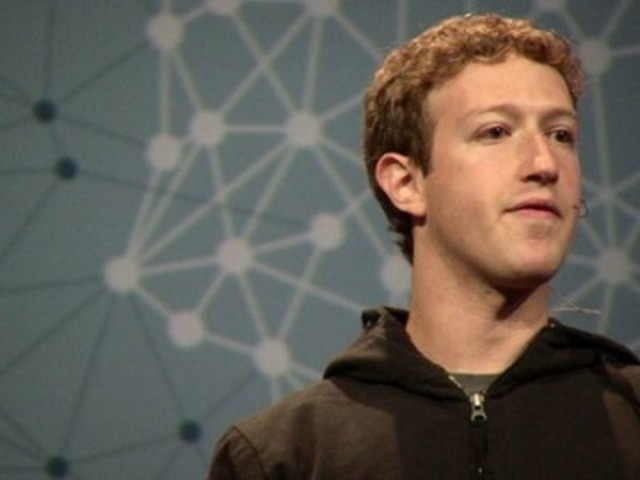It sometimes seems like there’s a somewhat negative story to be written about Facebook every day of the week. The company is big enough, of course, to be a lightning rod — outside of China, the only tech companies with higher market caps are Apple, Microsoft, and Google.
But this week’s bad news could be historic. In what might be the biggest one-day collapse in share value of all time, Facebook was set to lose $123 billion in market value.
The question, of course, is: why?
- Was it a result of missing its revenue target? That seems unlikely; the shortfall was narrow. $0.13 billion might not be pocket change, but in the context of over $13 billion of revenue in the quarter, it’s surely not a deal-breaker.
- Was it triggered by a slowdown in growth? Facebook missed active user projections too. It must surely fear a plateau, especially in North America and Europe, where it’s a mature offering. There may well be room for growth in developing countries, but it’s less clear whether those markets are readily monetizable.
- Cherchez la loi? It has been suggested, not least by Derek Lackey of DMAC, that faced with a risk-benefit analysis of being held jointly liable with Facebook for GDPR infringements, many brands are closing their Facebook business pages. But it seems to early to assess the impact of regulations which came into force last month.
- And what about Cambridge Analytica, fake news, and the real or very strongly perceived risks to brand safety and user privacy?
Perhaps that story is just starting to get a grip on investors. Back in April, with the celebrations surrounding Q1 reports, I wrote:
Of course, it’s also possible that the scandal, which broke in March, hasn’t yet had an impact on the company’s performance. If it has a long tail, we may still see some weakness in Q2.
Some commentators agree. Tom Embury-Dennis at the Independent writes of Facebook becoming “embroiled” in political issues and discusses the “jump in costs” involved in addressing safety and privacy issues.
Potential problems with troll or fake accounts pushing propaganda in advance of the November mid-term elections may persuade the market that scandal is an endemic part of Facebook’s open (relatively) platform policy. It’s not a sign of health when a company’s CEO seems to spend as much time addressing Infowars, investigations, Russia, and the theft of user data, as he does talking about business plans.
But it’s not all jeremiads. Yuval Ben-Itzhak of social media management firm Socialbakers pointed to long-term trends when he commented for us:
With 2.2 billion monthly active users Facebook is still the platform where most consumer engagement with brands is happening in the digital world. Despite growth being slower in Q2, Facebook’s daily and monthly user counts were up 11 percent year-over-year. This kind of growth at the scale of Facebook should still not be ignored. The market’s reaction to Facebook’s results feels nervous in the light of Cambridge Analytica and GDPR. However, we are still seeing marketers spending consistently on the platform, especially on Instagram.
Too early, then, for the MySpace headlines, but questions hover over Facebook’s future as never before.








